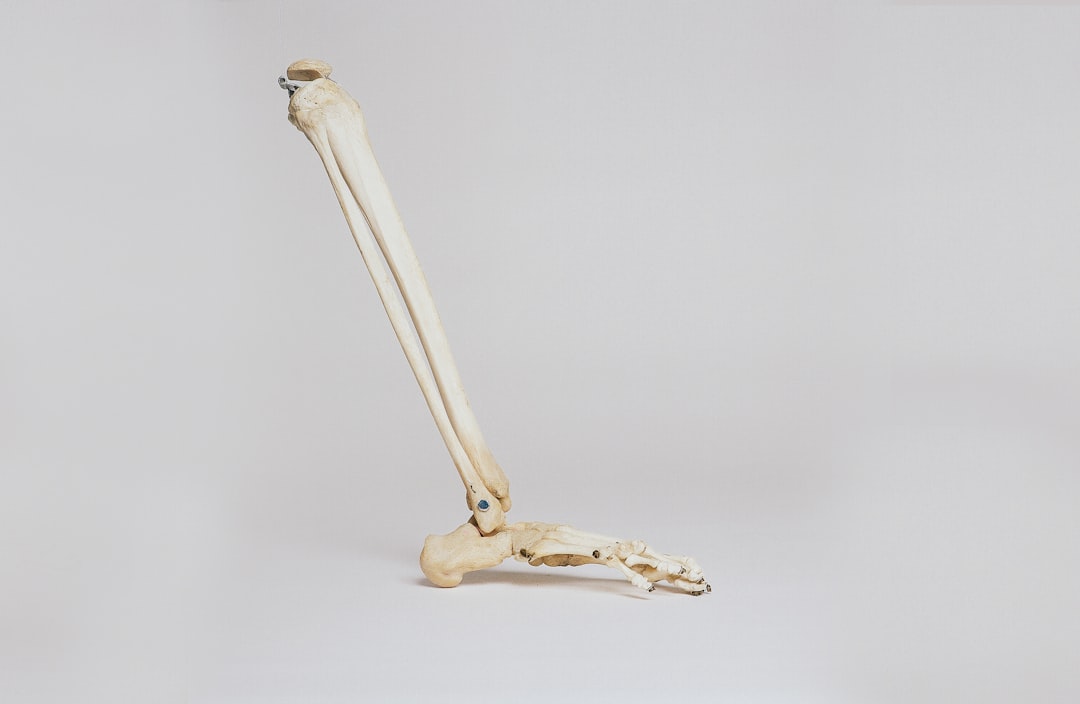Originally Posted On: https://transformrehabilitation.com/what-know-before-joint-replacement/
Physical Therapy Before Joint Replacement Surgery
Thousands of individuals with chronic joint pain undergo joint replacements on a daily basis in the United States to address chronic joint pain and damage that can no longer be healed by the body on it’s own. Obviously many have questions and concerns about getting this type of surgery, but sometimes it is necessary when joint damage has progressed past a certain point. Here is what you need to know.

A typical joint replacement will consist of having the ends of your bones replaced with a tough material and a spacer placed in between those materials. The materials used are consistently changing as technology improves. Having a joint replaced is the last line of treatment for osteoarthritis and other chronic joint conditions. By the time an individual decides to get a joint replacement, they should have had physical therapy to treat the joint pain, but they may not know that there is significant benefit to getting physical therapy before going under the knife. Physical therapy specifically focusing on strengthening and minimizing recovery time before having surgery, is called prehabilitation
What To Do Before Joint Replacement SurgeryBefore having a joint replaced it is important to be as strong and flexible as possible before surgery. Physical therapy can help to maximize range of motion before surgery to improve mobility outcomes after surgery. Balance and specific, functional exercises can help someone to avoid falls and other issues during the recovery. Perhaps most importantly, a physical therapist will provide the person with the individual education required to optimize the recovery such as home setup and exactly what to expect.
What Happens After Getting Out of the Hospital
Most of the time, having a joint replacement will result in a short hospital stay. When ready to leave the hospital there are several options depending on the person’s functional independence, insurance coverage, and personal support network. Some may go right home and begin outpatient therapy while others may go home and begin therapy within the home. Those who are unable to go home right away may qualify for a stay in acute or subacute rehabilitation. To qualify for acute rehabilitation, the person must be able to tolerate 3 hours of multidisciplinary therapy a day at least 5 times per week. Typically, a stay in acute rehabilitation is shorter than subacute rehabilitation. Subacute rehabilitation is often located within a skilled nursing facility and is considered less intense when compared to acute rehab. Regardless of where someone will go after a joint replacement, a physical therapy should be following up with them throughout the process.
Expected Outcomes
It is important to know what to expect after a joint replacement surgery. Recovery will take hard work and consistency from all parties involved. Patient’s should expect to have some manageable pain, weakness and decreased range of motion in the joint that has been replaced. This is normal and will be addressed by a physical therapist. There are multiple factors that will affect outcomes including co-morbidities or medical conditions, previous level of fitness, how badly the joint was damaged, and the amount of time that the joint has been damaged. The surgeon and rehabilitation team will give a specific plan for a proper recovery after surgery. Driving can take place in as little as 4 weeks and some may return to work even sooner depending on the occupation.
In Summary
It is important to remember that every surgery has risks and good outcomes are not guaranteed. For the best outcome possible, stay consistent with a routine and contact a physical therapist in your area for a rehabilitation plan. Thankfully many can avoid surgery if a suitable therapy regimen is instituted early enough in the process.

